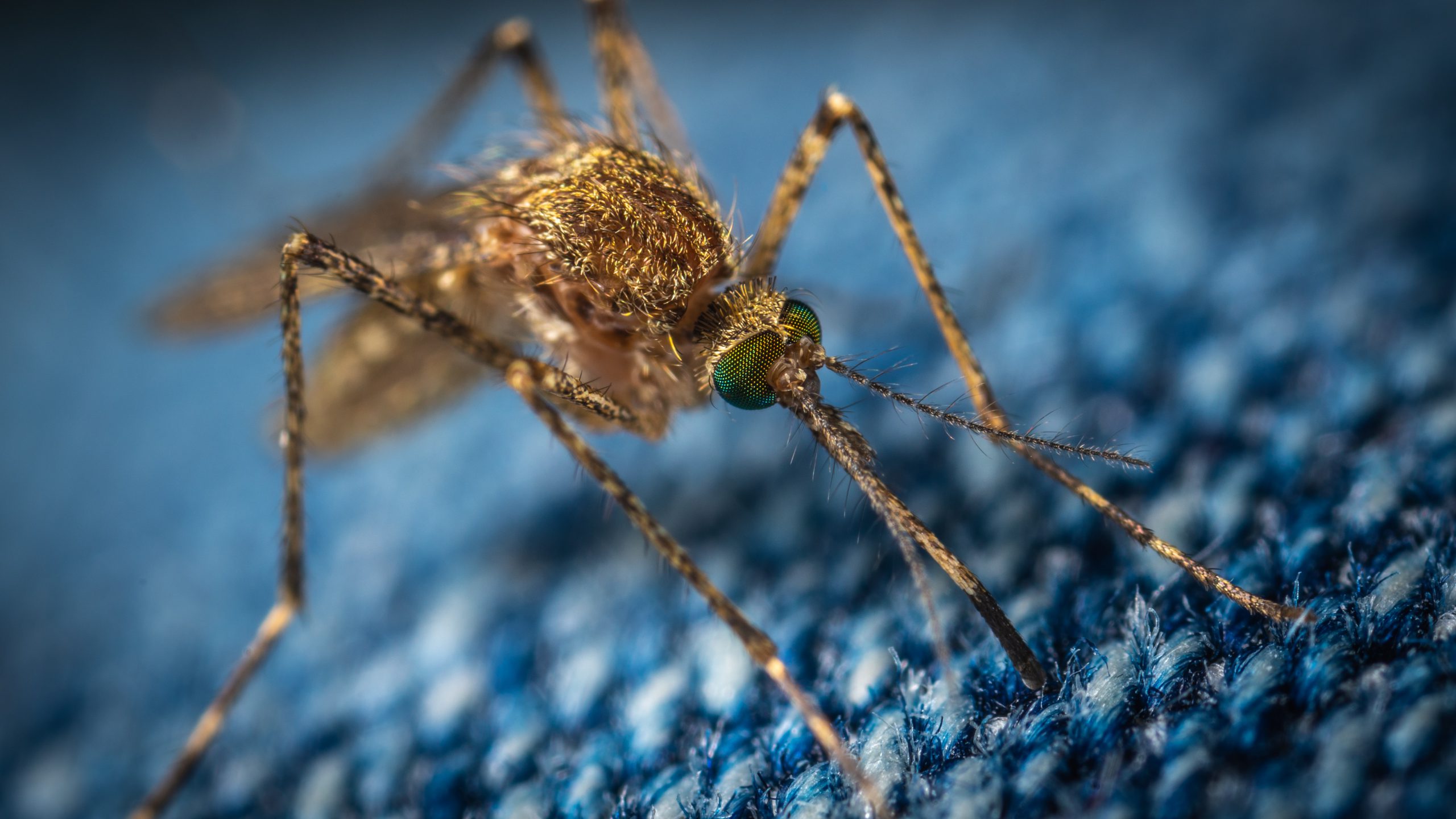If you tune into the international news channel regularly or travel worldwide frequently, you may have heard about the dengue virus at one point or another. Although it may not seem as familiar to many Americans as the flu, measles, or chickenpox, this tropical viral disease is still something well worth getting familiar with because of its dangers.
Like Africa’s Malaria disease, the dengue virus is a significant threat that affects locals and tourists in different parts of Asia. What makes this illness different from its other counterparts is that it can easily send someone to the hospital or pose the risk of death, making it a problem that anyone traveling to countries such as the Philippines, Malaysia, or Thailand should watch out for.
Above all other dangers that are associated with this tropical viral virus, the most significant one of all is that the condition is especially lethal for most children that experience it.
Fortunately, coming prepared will make a world of difference in keeping your children safe during your next trip to Asia, especially if you follow this guide to help you brush up on all you need to know:
What is dengue?
Dengue is classified as a tropical viral disease which is carried by the Aedes Aegypti mosquito and bears various symptoms, such as flu-like symptoms and severe fever.
Commonly present in tropical countries, this illness comes in four different serotypes that each have their characteristics, tendencies, severity levels, and unique additional symptoms. Although some cases may be minor in adults, the virus can be more severe for children as they have weaker immune systems that are prone to packing on more complications. Unlike chickenpox that is typically only experienced once, dengue fever can be experienced up to four different times depending on the serotype that a biting mosquito carries. Once a specific serotype is contracted, it cannot affect a human body again as proper treatment will render it immune to the particular virus.
What are its symptoms?
Apart from influenza and fever, dengue has a wide range of symptom sets it is associated with, although some may appear or be absent depending on the serotype being experienced. Here are several common symptoms of dengue in children that you should be watchful for:
- Severe headaches and backaches
- Mild bleeding in the gums, nose, and vomit
- Persistent rashes all over the body
- Pain in the joints, muscles, bones, and eye sockets
- Abdominal pain
On fighting dengue
What any parent needs to know about the dengue fever when bringing their children on a trip to Asia is that there is no specific cure for the disease. This essentially means that you can only wait for the virus to go away.
The best way to fight the virus and prevent your child from contracting it is to apply anti-mosquito cream on their skin regularly. Each country that is affected by the species of mosquito associated with the disease has its brand of repellant or cream, so make sure to visit the local store and stock up as soon as you land. If you suspect that a mosquito bit your little one, then early prevention is critical as it will prevent the condition from worsening or possibly leading to severe conditions.
Conclusion
Among all the different types of viruses that you’ll need to keep your children safe from when traveling to most Asian countries, none could pose a more significant cause for alarm than dengue. By taking this guide into mind, however, you can equip yourself with all the necessary knowledge to protect your children from this potential killer disease at all times!
If you’re looking for the best healthcare news, we’ve got you covered with the most reliable updates and trending stories on the web. Subscribe to our newsletter today to stay updated on the latest news!


















